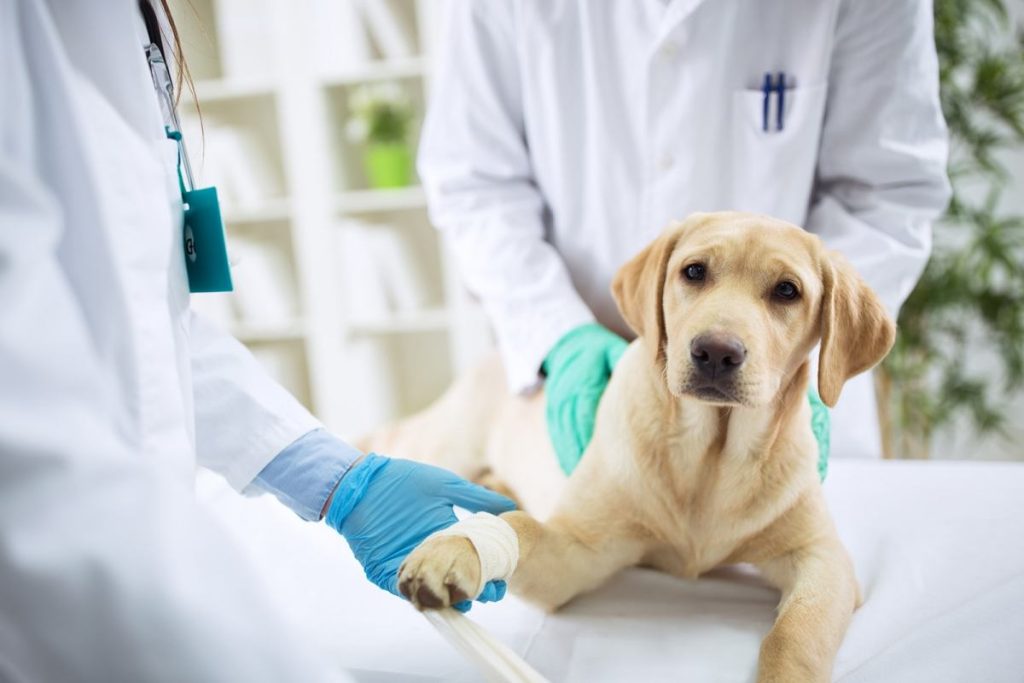7 Signs Your Pet Needs a Veterinary Test Immediately
Caring for pets is not only about providing food, shelter, and affection. It is also about monitoring their health and detecting issues before they become severe. Just like humans, pets can develop illnesses that are not always visible in the early stages. Veterinary tests such as blood tests, urine analysis, or imaging help detect these conditions early, allowing timely treatment.
In this article, ASIAPATA shares 7 warning signs that indicate your pet may need a veterinary test immediately. Recognizing these symptoms can protect your pet’s health and give you peace of mind.
1. Sudden Loss of Appetite or Weight
If your dog or cat suddenly stops eating or starts losing weight rapidly, it should not be ignored. While a temporary loss of appetite may happen due to minor digestive issues, prolonged refusal to eat could point to serious conditions such as:
-
Kidney or liver disease
-
Gastrointestinal infections
-
Endocrine disorders like diabetes or thyroid imbalance
-
Cancer or chronic organ failure
Veterinarians usually recommend blood and biochemical tests to identify the underlying cause.
2. Persistent Vomiting or Diarrhea
Occasional vomiting or diarrhea might not be alarming, but if it persists for more than 24 hours, it becomes a red flag. Chronic digestive symptoms may be linked to:
-
Parasitic infections
-
Inflammatory bowel disease
-
Food allergies or intolerances
-
Toxic ingestion
A fecal test or abdominal ultrasound may be required. Early testing ensures that your pet does not become dehydrated or develop more severe complications.

3. Excessive Thirst and Frequent Urination
If you notice your pet drinking water excessively and urinating more often than usual, it could indicate:
-
Diabetes mellitus
-
Kidney disease
-
Urinary tract infections (UTI)
-
Hormonal disorders such as Cushing’s disease
Urine tests combined with blood panels are essential in diagnosing these conditions. Early detection improves treatment outcomes and prevents long-term damage.
4. Breathing Problems or Persistent Cough
Respiratory issues in pets can develop quickly and require immediate medical attention. Signs include:
-
Labored or rapid breathing
-
Wheezing or coughing that does not improve
-
Intolerance to exercise
Possible causes range from heart disease and pneumonia to allergies or lung infections. Chest X-rays, echocardiograms, or blood oxygen tests may be recommended to pinpoint the problem.
5. Lethargy and Unexplained Fatigue
A normally active pet that suddenly becomes sluggish or shows no interest in playing could be signaling illness. Common reasons include:
-
Anemia
-
Heart conditions
-
Infectious diseases such as parvovirus or feline leukemia
-
Chronic pain or inflammation
Veterinary blood tests help determine whether lethargy stems from infections, organ issues, or other hidden health concerns.
6. Skin Issues and Hair Loss
Skin is often a reflection of overall health. If your pet develops persistent itching, bald patches, or unusual sores, further tests may be needed. Underlying causes could be:
-
Bacterial or fungal infections
-
Parasitic infestations like mites or fleas
-
Allergies to food or environment
-
Hormonal imbalances
Skin scrapings, allergy tests, or fungal cultures are commonly used to diagnose dermatological issues in pets.
7. Sudden Behavioral Changes
Changes in behavior often indicate discomfort or illness. Look out for signs such as:
-
Increased aggression or irritability
-
Hiding and avoiding interaction
-
Disorientation or confusion
-
Excessive vocalization
Neurological disorders, hormonal imbalances, or chronic pain may be responsible. In such cases, your veterinarian may recommend blood tests, neurological exams, or imaging techniques like MRI or CT scans.
Why Veterinary Tests Are Essential
Pets cannot tell us how they feel. Tests are the most effective way to understand what is happening inside their bodies. The benefits include:
-
Early detection: Catching diseases before they become life-threatening
-
Accurate diagnosis: Ensuring proper treatment plans
-
Monitoring long-term health: Especially important for senior pets or those with chronic conditions
Conclusion
As a responsible pet parent, you should never overlook warning signs. From changes in appetite to unusual behavior, each symptom may carry vital clues about your pet’s health. Timely veterinary tests are not only a preventive measure but also a life-saving step.
At ASIAPATA, we believe that every pet deserves the best care. If your furry companion shows any of the above 7 signs, consult your veterinarian without delay. Early testing and diagnosis will keep your pet healthier, happier, and by your side for many years to come.
Read more:














